Everything on model trains, model railroads, model railways, locomotives, model train layouts, scenery, wiring, DCC and more. Enjoy the world's best hobby... model railroading!
Convert Locos From DC to DCC
HO enthusiast Barnaclebill writes:
“After 30 years I decided to get back involved with model railroading. I have a whole bunch of trains in the box in the closet. I have been buying engines and cars for years and putting them in the box and not going to buy track until I’m ready to build as I want to get the best track available when ready. I visit my friend’s layout every once in a while and love the way his DCC engines run and sound. So my question(s) are : Is it possible to get these engines converted to DCC (mostly steamers) and if so how hard would it be for me to learn how to do it myself? Thanks for all responses.”

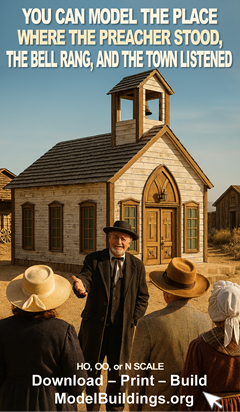
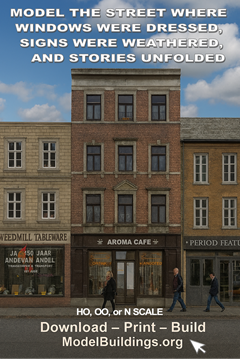
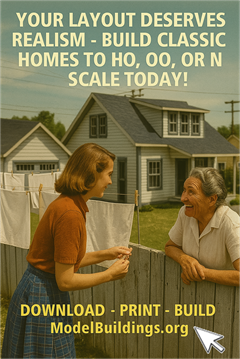
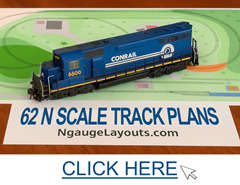
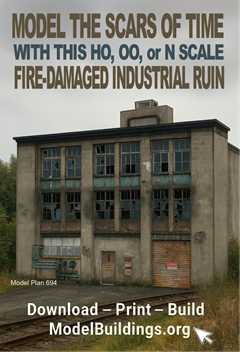
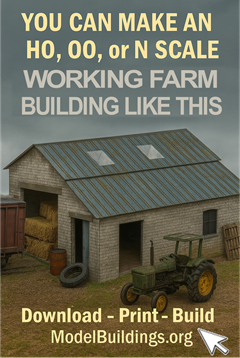
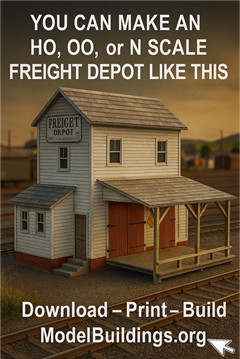
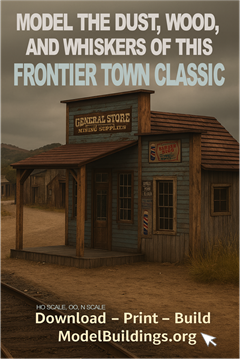
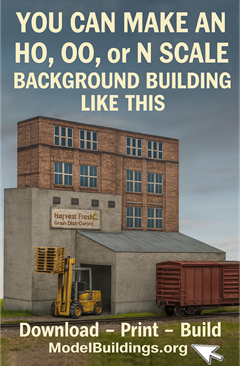
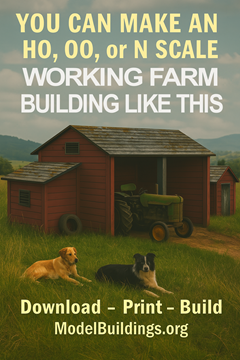
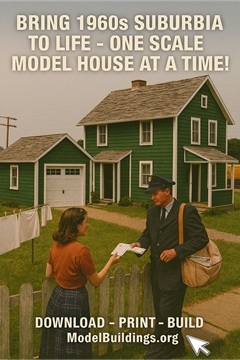
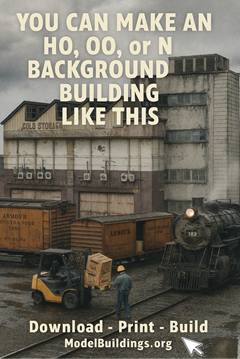
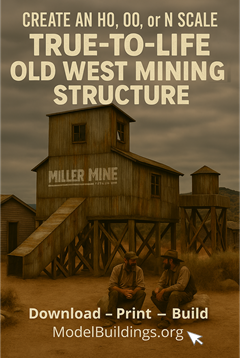

In theory it’s quite simple – you cut the wires between the wheel pickups and the motor and connect the ends to the appropriate wires of the decoder.
In practice, it’s a bit harder.
Check the locomotives you have to see if they have power pickups on the wheels on both sides. Some older ones with metal chassis will have a power pickup on one side only,the power to the other side of the motor going through it’s attachment to the chassis. These can be quite difficult to convert as you need to isolate the engine from the chassis so you can make the connection through the decoder.
. Other locomotives won’t Have enough space under the body to accommodate the decoder, so you need to get inventive such as putting the decoder in the tender.
Wiring a sound decoder can be just as easy ( or hard ) as wiring in a regular decoder. Where sound gets complicated is the space issue. Sound decoders are slightly bigger than non sound decoders, but the biggest space issue is where to put the speaker. With a steam loco, the tender maybe the place to put it.
If your soldering skills are good, there’s no reason you couldn’t learn to do it yourself. There’s also a good chance someone else has already done it and written about it on the internet. One wonderful thing about model railroaders is that they love helping other people. (That can be a problem though as many of us have contradictory opinions on the best way to do something?).
If you can get someone to guide you through the first one that will help enormously. Obviously, the first one you convert should be the one you like the least! Good luck!
Thanks Geoff, appreciate the response. I think I will take you up on the least liked engine and go from there.
I put 2 in a couple older Athearn Blue Box GP35’s and they work good. And I can still use the DC with my other locos. Check out wifimodelrailroad.com
Diesel engines are easier to convert. There are quite a few videos in converting to DCC. The main thing is to isolate the motor from the chassis; otherwise, you may destroy the decoder.
I recommend buying a basic book on DCC railroading, which you would find in any model shop, or from online railroad model suppliers. This will answer most of the many questions you are soon going to be asking !
Barnaclebill,
There are numerous people with videos that show you how to install DCC from start to finish. One I refer to frequently is “Solo Contracting”. His videos tend to run well over one hour and on complicated installs they can run for over two hours. The good thing is they are very methodical and thorough. He covers diesels and steamers.
As always – read the literature and don’t just rely on us keyboard warriors. Yjere are some good tutorials and the manufacturers also have great instruction videos. Gary Pluckett The DCC Guy is worth watching on You Tube.
Thanks to all of you who replyed. Bunch of good people. I will start soon on my projects and let you know what’s going on. Model RR’s are a great bunch.